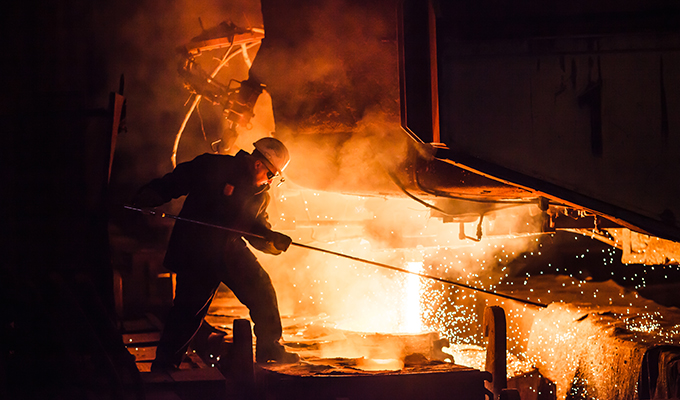Europe’s spend on oil, gas and coal increased from 4% to 10% of GDP last year and this expenditure will remain elevated for the foreseeable future, guest speaker Ole Rolser from McKinsey & Co. said at last week’s Bureau of International Recycling (BIR) Ferrous Division meeting in Amsterdam.
Attributing “record-high” global gas prices last year directly to the conflict in Ukraine, Rolser noted that for energy-intensive industries, many of which form part of the recycling industry’s customer base, these huge energy costs had led to production cuts or even shutdowns. Aided by a notable shift in householder behaviour, Europe’s power demand declined by 3-4% last year when compared to 2021 and by 6-8% in the period from September.
Crude oil prices had now returned to levels seen before the Ukraine conflict, Rolser said, predicting a continuing decline before settling at around $50-60 per barrel, Kallanish notes.
Following a question from outgoing BIR president Tom Bird about the extent of energy company profit-taking now that prices had returned to lower levels, Rolser explained that these businesses were in a high-investment industry that had to contend with substantial volatility. He also noted a greater reluctance to invest owing to the push towards decarbonisation.
In response to a question from George Adams of SA Recycling in the USA, Rolser expressed the view that, with the necessary investment, the EU could become energy-independent of Russia within just a few years. In his presentation, Rolser indicated that the EU has historically relied on Russia to meet around a third of its gas supply, with Germany, Italy and Poland the most exposed.
Burcak Alpman Turkey






